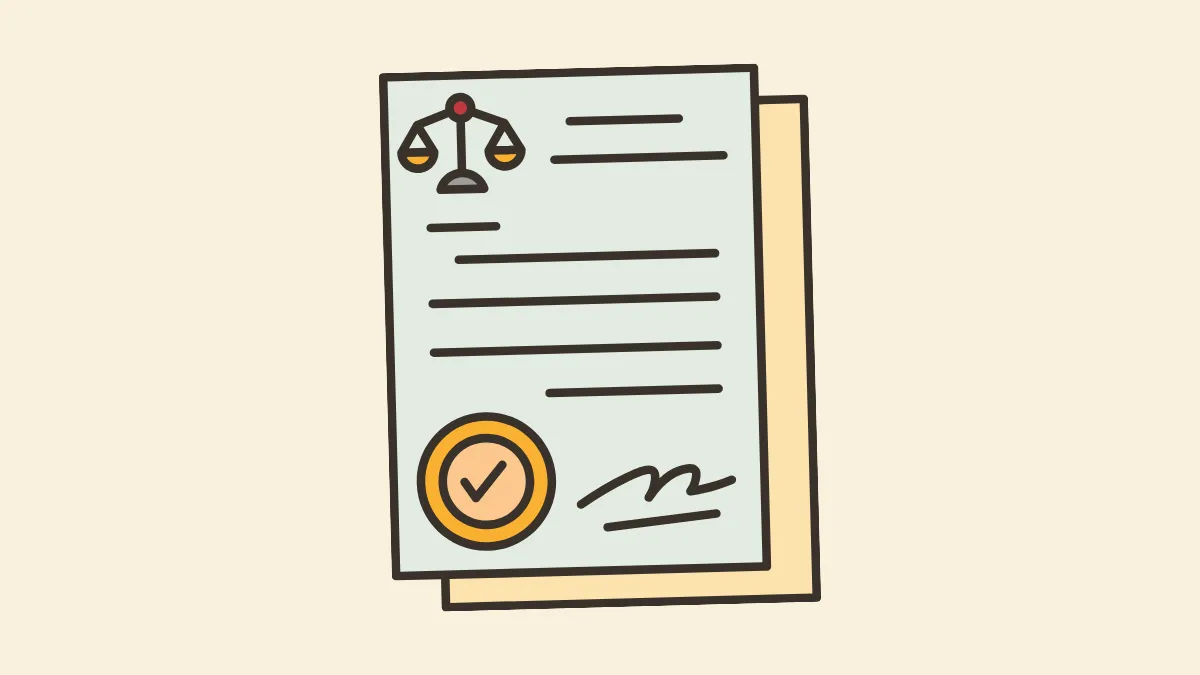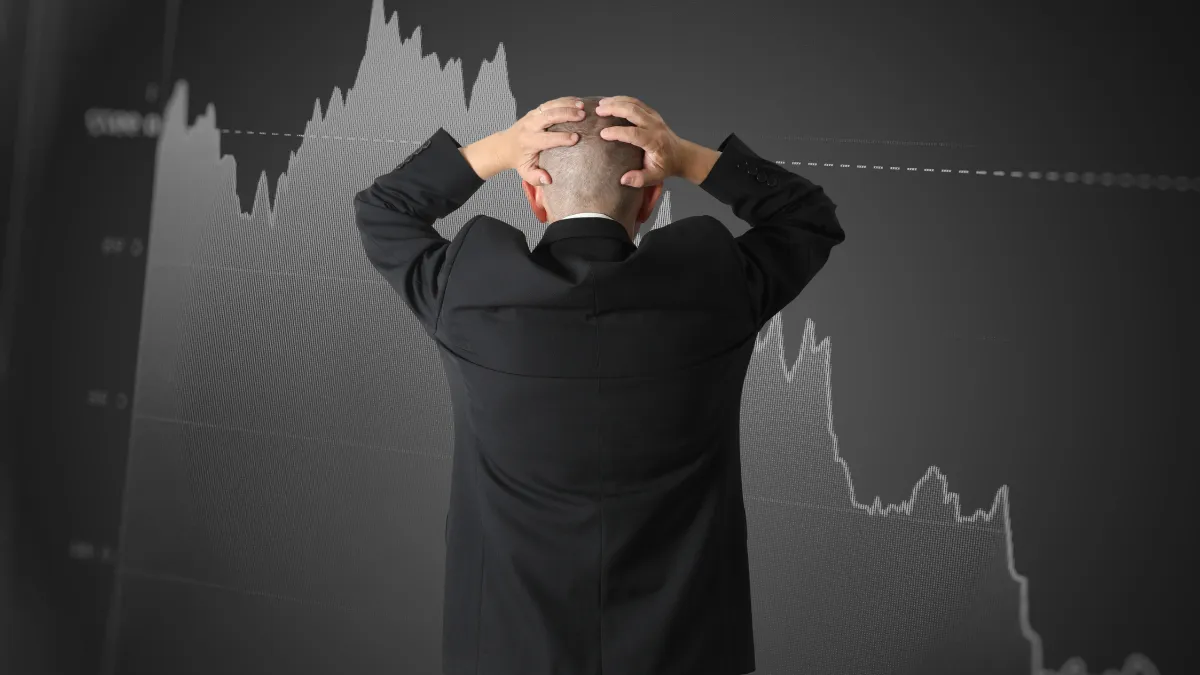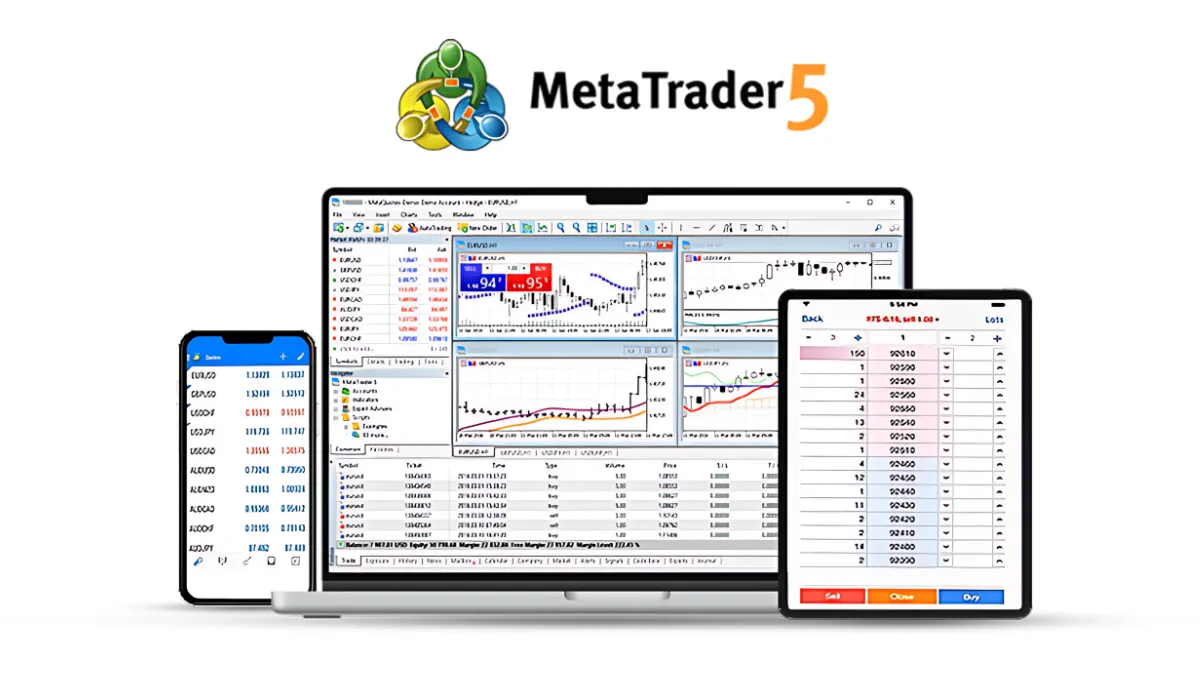如何判斷外匯經紀商是否合法
選擇一家合法且受監管的外匯經紀商,對於保障您的資金安全和交易體驗至關重要。外匯市場雖然充滿機會,但也伴隨著潛在風險,尤其是當您與不可靠的經紀商合作時。以下是幾個關鍵指標,幫助您評估外匯經紀商是否為合法公司。1. 法規監管 (Regulatory Supervision):
最重要的第一步是確認該經紀商是否受權威機構監督。合法的經紀商通常會受到國際或國家金融監管機構的監管,以確保其遵守法律規範並保護投資者資金。常見的權威監管機構包括:- 美國:商品期貨交易委員會 (CFTC) 和全國期貨協會 (NFA)
- 英國:金融行為監管局 (FCA)
- 澳大利亞:澳大利亞證券和投資委員會 (ASIC)
- 歐盟:賽普勒斯證券交易委員會 (CySEC)
在選擇經紀商時,您應在這些監管機構的官方網站上輸入該經紀商的監管證號進行核實。
2. 經紀商的透明度:
合法的經紀商通常會在其網站上清楚列出其監管狀況、營業地址及聯絡方式等重要資訊。如果經紀商拒絕提供監管細節,或資訊模糊不清,這是一個嚴重的警示信號。合法經紀商會透明揭露其合規情況,並提供客戶資金保護措施的說明。3. 客戶評論與第三方評價:
在開戶之前,參考其他交易者的反饋非常重要。您可以通過專業的外匯論壇或第三方匯商評價平台來了解其聲譽。請特別注意有關出金困難、平台惡意滑點或客服失聯的報告,這些通常是問題經紀商的特徵。4. 資金安全與隔離帳戶:
合法的經紀商必須提供有效的資金保護措施,最基本的是實施「隔離帳戶 (Segregated Accounts)」,將客戶的資金與經紀商的營運資金分開管理。這樣即使經紀商面臨財務危機,您的資金也不會被挪用。此外,受 FCA 監管的經紀商通常還享有金融服務補償計劃 (FSCS) 的保障。5. 合理的交易條件與費用:
合法經紀商的交易條件通常是透明且合理的。您需要警惕提供不切實際的高槓桿、存在大量隱藏費用或交易條款極度偏袒經紀商的公司。合法的服務商會清楚列出點差、佣金及出入金手續費。6. 市場行為的真實性:
如果經紀商向您保證「高收益、零風險」,這極高機率是詐騙。外匯交易本身具有高波動性,任何合法的經紀商都不會給予不切實際的獲利承諾,反而會不斷強調風險管理的重要性。7. 客戶支持與服務品質:
優質的客戶支持是合法公司的標誌。合法的經紀商通常提供多語言、多管道(電話、郵件、即時聊天)的服務。若經紀商的聯繫方式僅限於通訊軟體(如 Line 或 Telegram),且沒有官方正式客服管道,應提高警覺。8. 平台穩定性與技術認證:
合法經紀商多採用主流交易平台(如 MetaTrader 4 / 5),並確保伺服器穩定。不合法的經紀商可能會使用自行開發且後台可隨意修改數據的非法平台,導致交易延遲或價格操縱。總結
判斷外匯經紀商是否合法,需要綜合考量監管牌照、資金隔離、資訊透明度及市場口碑。建議優先選擇持有強國監管牌照(如 FCA、ASIC、NFA)的公司,並務必親自前往監管官網核實資料,才能有效避開詐騙風險,確保交易無後顧之憂。How to Determine if a Forex Broker is Legitimate
Choosing a legitimate forex broker is crucial for ensuring the safety of your funds and trading experience. The forex market is full of opportunities, but it also comes with potential risks, especially when dealing with unreliable brokers. Here are several key indicators to help you assess whether a forex broker is a legitimate company.1. Regulatory Oversight:
The most important first step is to confirm whether the broker is under the supervision of a regulatory authority. Legitimate brokers are usually regulated by international or national financial regulatory bodies to ensure they comply with legal standards and protect investors' funds. Different regions have different regulatory bodies, common authorities include:- United States: Commodity Futures Trading Commission (CFTC) and National Futures Association (NFA)
- United Kingdom: Financial Conduct Authority (FCA)
- Australia: Australian Securities and Investments Commission (ASIC)
- European Union: Cyprus Securities and Exchange Commission (CySEC)
When choosing a broker, you should inquire whether they are regulated by the relevant authorities and verify this on the regulatory body's website.
2. Broker Transparency:
Legitimate brokers typically clearly list their regulatory status, business address, contact information, and other important details on their website. If a broker does not provide this basic information or refuses to disclose their regulatory information, this should be a warning sign. Legitimate brokers will transparently disclose their fund management and regulatory compliance status and usually provide client fund protection measures (such as segregated accounts).3. Customer Reviews and Ratings:
Before choosing a broker, it is very important to understand the broker's reputation through online reviews and customer feedback. You can refer to some professional forex trading websites or forums, and also check Mr.Forex's broker reviews to see evaluations of other brokers. Pay attention to any reports regarding withdrawal issues, platform anomalies, or poor customer service, as these may indicate problems with the broker.4. Fund Safety and Protection Measures:
Legitimate brokers should provide effective fund protection measures to ensure that client funds are managed separately from the broker's operating funds, known as segregated accounts. This way, even if the broker goes bankrupt, your funds can be legally protected. Additionally, some regulatory bodies also offer insurance compensation schemes for investors, such as the Financial Services Compensation Scheme (FSCS) in the UK, to ensure that investors can receive compensation when the broker is unable to pay.5. Reasonable Trading Conditions and Fees:
Legitimate brokers typically offer reasonable and transparent trading conditions, including spread, fees, leverage, and other information. Excessively high or low leverage ratios, hidden fees, or unreasonable trading terms are all warning signs. Legitimate brokers will clearly list all fee details and avoid any additional or hidden costs.6. Reasonable Market Behavior:
If a broker promises guaranteed high returns or low risks, this may be a sign of fraud. The forex market is highly volatile, and any promise of stable returns should be questioned. Legitimate brokers do not make unrealistic profit promises to traders but emphasize the importance of risk management and prudent trading.7. Customer Support and Service:
Quality customer support is one of the hallmarks of a legitimate broker. Legitimate brokers typically provide 24-hour multilingual support and make it easy for traders to contact their customer service team via phone, email, or live chat at any time. If a broker cannot provide effective support or responds very slowly to customer inquiries, this may be a bad sign.8. Platform Stability and Technical Support:
Legitimate forex brokers will provide stable trading platforms, such as MetaTrader 4 (MT4) or MetaTrader 5 (MT5), and ensure that technical support can promptly resolve any issues. Unregulated or unstable brokers may experience platform crashes, trading delays, and other problems, which can affect your trading experience and potentially lead to losses.Conclusion:
Determining whether a forex broker is a legitimate company requires considering multiple factors, including their regulatory status, fund safety, trading conditions, and customer reviews. Choosing a broker regulated by authoritative bodies, checking their public information, and confirming through third-party review platforms can effectively help you avoid fraud risks and select a trustworthy partner.
Hi, we are the Mr.Forex Research Team
Trading requires not just the right mindset, but also useful tools and insights. We focus on global broker reviews, trading system setups (MT4 / MT5, EA, VPS), and practical forex basics. We personally teach you to master the "operating manual" of financial markets, building a professional trading environment from scratch.
If you want to move from theory to practice:
1. Help share this article to let more traders see the truth.
2. Read more articles related to Forex Education.
Trading requires not just the right mindset, but also useful tools and insights. We focus on global broker reviews, trading system setups (MT4 / MT5, EA, VPS), and practical forex basics. We personally teach you to master the "operating manual" of financial markets, building a professional trading environment from scratch.
If you want to move from theory to practice:
1. Help share this article to let more traders see the truth.
2. Read more articles related to Forex Education.





